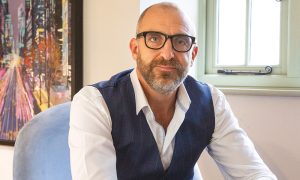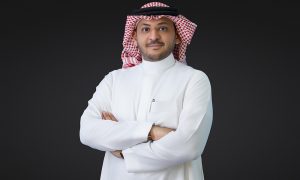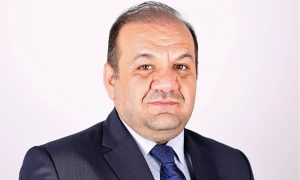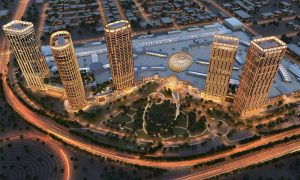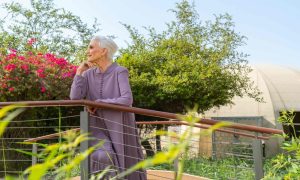Otis plans to step up Saudi recruitment drive
Elevator company celebrates 160 years in operation, and 30 in the Kingdom
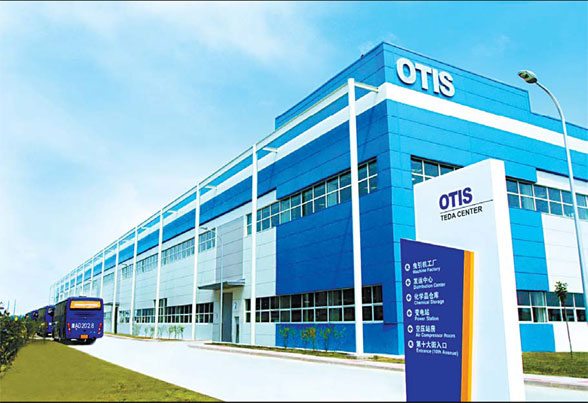
RELATED ARTICLES: Hyundai Elevators secures more deals in Bahrain | Aldar selects ThyssenKrupp Elevators for Yas Mall | Experts call for early collaboration on construction projects
Having recently won six contracts to supply and install elevators and escalators in different buildings in the King Abdullah Financial District in Riyadh, the Otis Elevator Company is geared up for the challenges presented by the Saudi Arabian market, the director of Key Projects and World Sales at Otis has said.
“With the ongoing massive activity on the ground, the Kingdom’s construction industry is growing rapidly, we are honoured to be a part of these structures and look forward to being present to anticipate needs and exceed expectations for technology and services,” said Rick Pulling during an event in Jeddah that celebrated Otis’ 160 years of service.
Adel Eissa, general manager of Otis Saudi Arabia, pointed out that the Kingdom had received its first Otis elevator in 1974, at the palace of King Abdulaziz Bin Saud. The company was now celebrating the 30th anniversary of the installation of elevators at the King Khalid International Airport in Riyadh (1983) and the 20th anniversary of the installation of elevators at the Ministry of Municipal and Rural Affairs (1993).
“We’ve got a lot of very good projects in Saudi Arabia. We have completed the Jamarat and Makkah Metro. Last year we started the Landmark Towers project in Jeddah, we have the Samba Towers in Riyadh, and we’ve also got some big orders booked in King Abdullah Financial District,” Eissa said.
With more than 60,000 employees and operations in 200 countries, Pulling said that Otis was poised to push forwards with projects in the GCC area, with a particular focus on the Kingdom, where a number of new projects were lined up for the company.
“We’re going to be involved in all the negotiations, we’ve developed a centre of excellence for major projects in the Gulf, so we’re in active negotiation, as you can imagine and there is worldwide support for all these major projects,” he said.
Eissa also announced that there plans afoot to train and employ young Saudis over the coming months. These would be run in conjunction with a national campaign to train young Saudis and encourage students to work in the private sector.
“We have around 50 percent Saudisation and we believe there is nothing more pressing in the Kingdom than preparing Saudi young men and women for the future. We are keen to see Saudis employed in all fields. It takes a leading role in training young Saudis to make them eligible and capable of meeting the demands of the market.”

